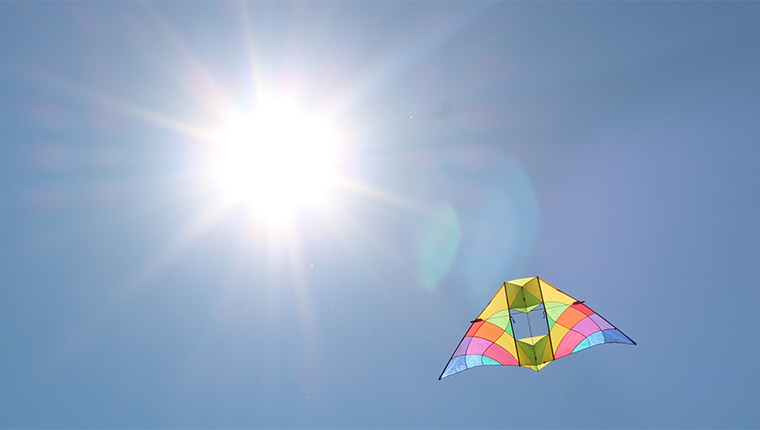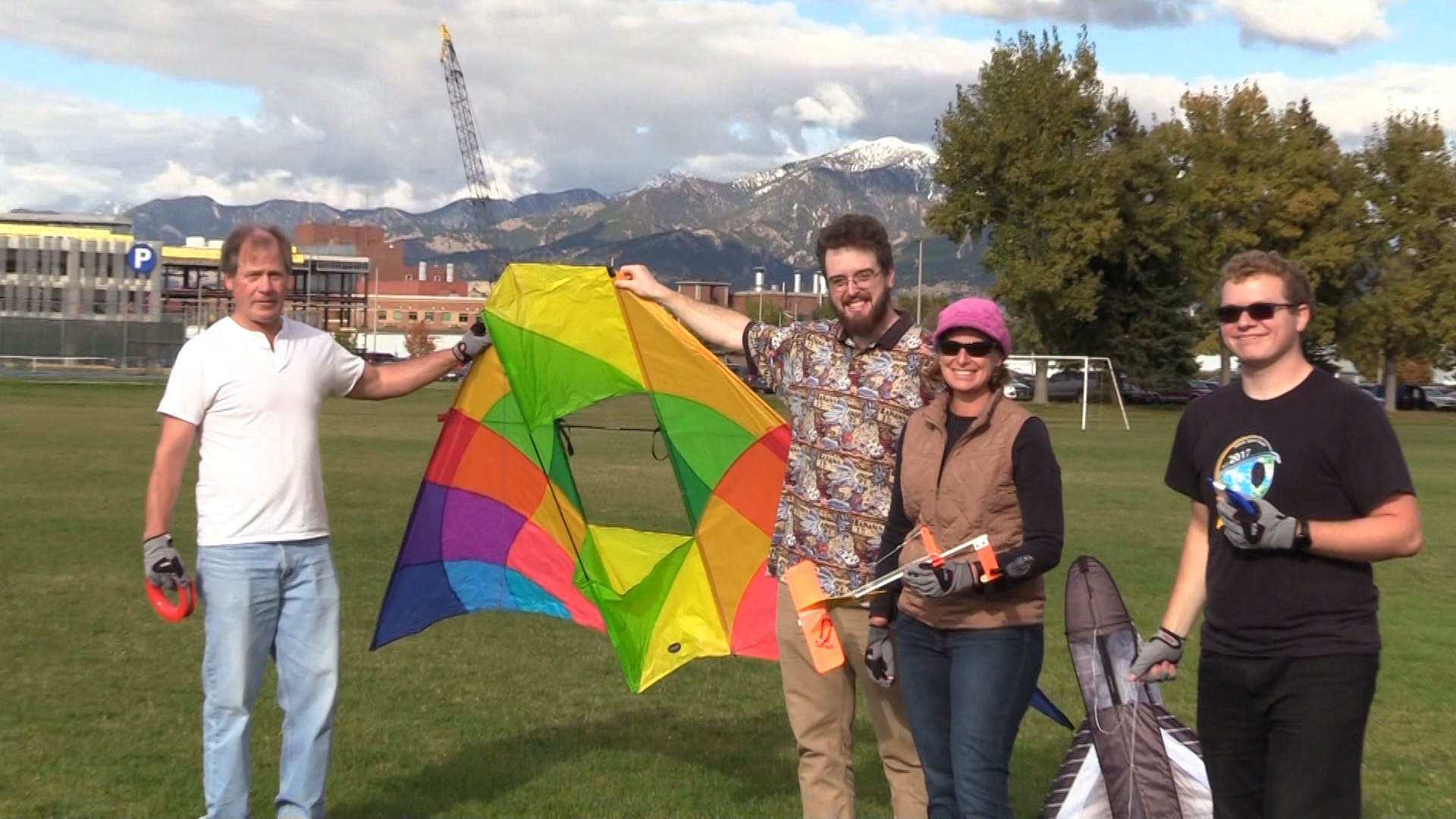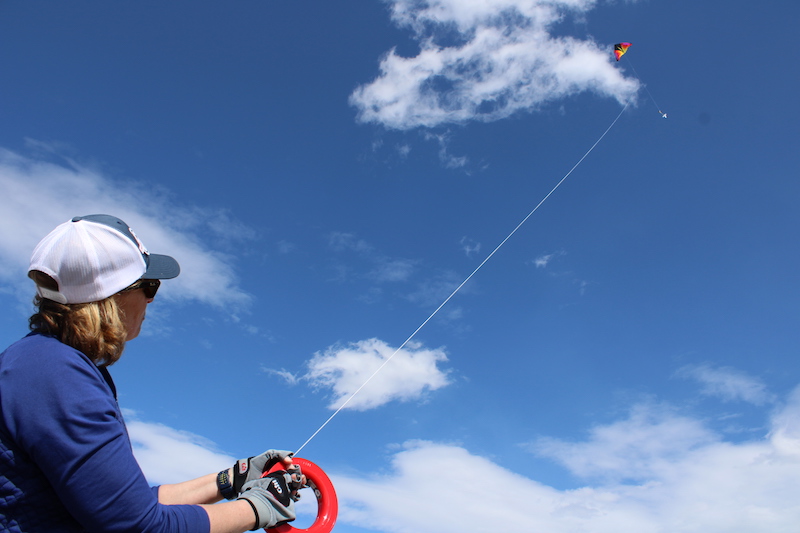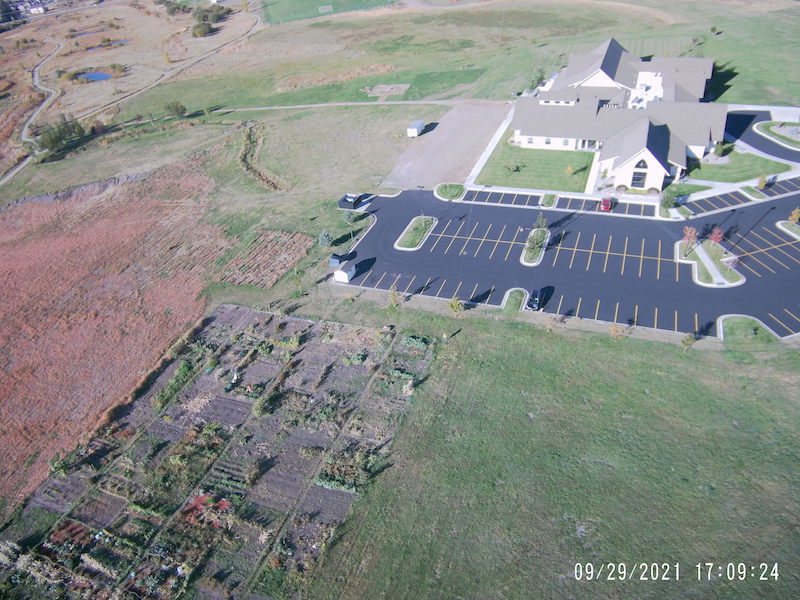AEROKATS and ROVER Education Network (AREN)

News
AREN kites and technologies featured in presentation to Osher Lifelong Learning Institute - Feb 2024
NASA kites teach Roberts students citizen science - MSU visits Roberts, MT - May 16, 2023
Bring Kites to Your STEM Classroom with NASA AREN by Suzanne Taylor, Jeanette Chipps and Mike Jabot. [see page 47] In Herron, J. & Hammack, R. (Eds.). (2022). Proceedings of the 121st annual convention of the School Science and Mathematics Association (Vol 9.). Missoula, MT: SSMA
MSU hosts Leap Into Science: Wind workshop for preschool children on Feb. 24, 2022
AREN partners with MSU Inclusive Community Camp to serve children of all abilities with STEAM • August 2021
NASA aeropod technology wins Educational Institution and Federal Laboratory Partnership award from the Federal Laboratory Consortium • March 2021
About AREN
The AEROKATS and ROVER Education Network (AREN) is a NASA-supported project designed to train the next generation of scientists, engineers, and other professionals to observe and understand our planet Earth through experiential learning using NASA technology and data in real-world settings. Montana State University collaborators are the Science Math Resource Center and Academic Technology and Outreach.
AREN uses kite-based, low-cost instrumentation systems to gather remotely sensed Earth observations. The project will enable the delivery of NASA remote sensing and in-situ observation concepts, technology, and data into formal and informal educational settings for all ages and socioeconomic backgrounds, thereby integrating science and engineering into the curriculum.
What is a kite flight like?
 |
 |
 |
| The kites we fly are about nine to ten feet across. We practice safety protocols, such as wearing gloves. | We attache an instrument platform called an aeropod underneath the kite. | The aeropod can hold a small camera, so we can study land cover and the Earth. |
MSU offers professional development opportunities for educators, including online Earth Sciences resources that provide middle and high school teachers with the basics of atmospheric science and data collection to complement participate in the AREN project.
- Access a sample data set and researcher questions.
- Learn more about MSU Science Math Resource Center's "Datasets for Teachers" project.
- Learn more about AREN's national presence.
- Watch a short presentation about AREN at Montana State University
AREN intersects with the GLOBE program (the Global Learning and Observations to Benefit the Environment), which, since 1995, has provided students and the public worldwide with the opportunity to participate in data collection and the scientific process.
For information about MSU's role in AREN and how you can be involved, contact smrc@montana.edu.
